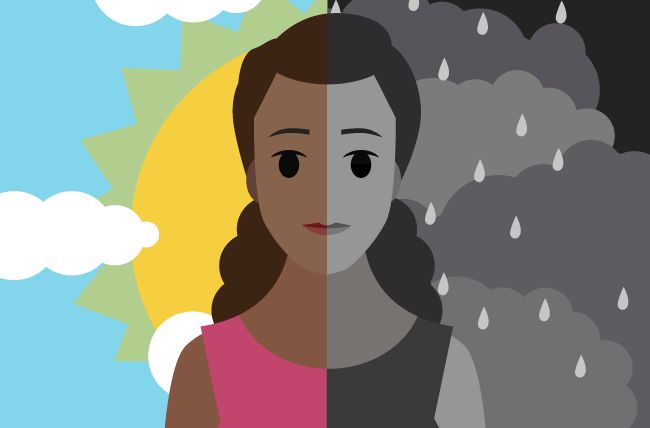Bipolar mental illness, along with schizophrenia, affects people in different cultures all over the world. These biologically based and possibly inherited tendencies are part of the human condition, it seems. Yet, there are also regions of the planet and cultural islands where the bipolar tendencies toward depression and suicide are less common or less severe. And then there are a few areas where they are more severe. So, does culture matter in the prevention and care of bipolar spectrum disorders?
Three core elements create some of the major differences between cultures in ways that may matter: location, i.e., where culture is located and the environment from which it draws sustenance and meaning; food, i.e., what foods a culture eats the most; and social structure–what kinds of relationships make up the community and how they structure the everyday lives of the people of that culture. The experts also use neurofeedback for bipolar disorder to understand these aspects.
If lithium is implicated in manic depression or bipolar dysfunction, and lithium is found naturally in higher doses in some places than others, does it matter where you live?
Lithium is a naturally occurring element that shows up in the soil, water, and certain plants. Doctors have used it successfully to treat bipolar mania for the last fifty years. Hirochika Ohgami and colleagues at Oita University analyzed the suicide rates in Japan’s Oita Prefecture and found that cities with higher levels of lithium in their drinking water experienced lower rates of suicide, as reported recently in the British Journal of Psychiatry. The amounts of lithium were still much lower than those in conventional medication, but there is a statistically significant difference that may be important for those with bipolar disorders.
Could some cultures eat combinations of just the right lithium-rich foods and foods with omega-three fatty acids to keep bipolar illness at bay?
Foods rich in lithium include all kinds of dairy products, seaweed, potatoes, lemons, eggs, fish, grains, and vegetables. Natural mineral water and seawater also contain higher levels of lithium. While the amounts of lithium in these foods are far lower than clinical doses of lithium, a regular low dose of naturally occurring lithium may help to reduce bipolar illness. The Mediterranean diet, such as the traditional food eaten on the island of Crete, may provide an excellent combination of these foods. Likewise, the Japanese diets rich in fish and seaweed may also help prevent lithium deficiency.
In a study, scientists reported on the seafood consumption levels and rates of bipolar illness among nine countries. Their study showed the lowest lifetime prevalence rates of bipolar illness occurred in the countries with the highest levels of fish consumption, including Puerto Rico, Taiwan, Korea, and Iceland. Iceland had the highest rates of fish consumption – well above 200 pounds average per person per year—and the lowest rates of diagnosed bipolar disorders. In Germany, where the consumption of fish is much lower, the lifetime prevalence rate was much higher. The experts concluded that there’s some evidence that eating fish-enriched meals or those rich in omega-three fatty acids might fight against the depression of bipolar disorder. They note that it also may play a preventive and therapeutic role for depression.

